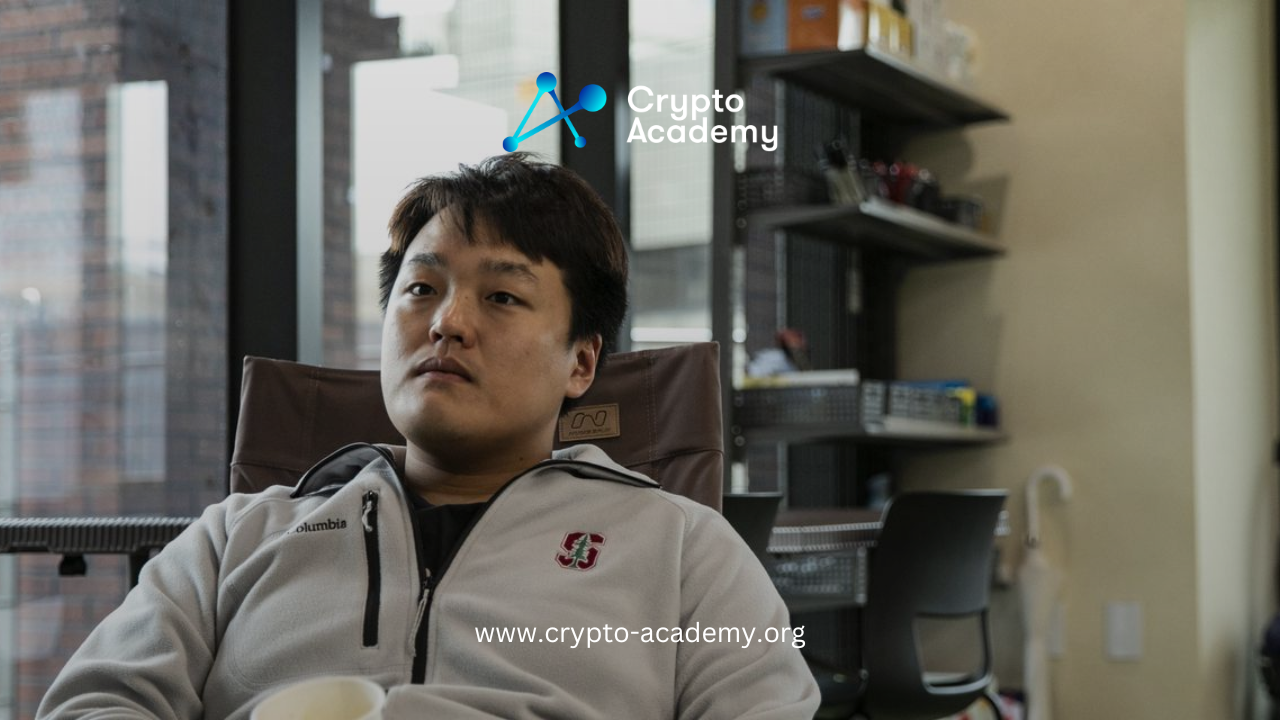In a recent turn of events that has captured the attention of the global crypto community and legal experts alike, Do Kwon, the co-founder of Terraform Labs, has been released from custody in Montenegro. This development comes amidst an ongoing extradition dispute involving South Korea and the United States, both of which have laid claims to prosecute Kwon for allegations of fraud tied to the collapse of the Terra ecosystem in 2022.
The saga of Do Kwon, once hailed as a pioneering figure in the cryptocurrency world, took a dramatic turn when his blockchain project, Terra, suffered a catastrophic failure last year, wiping nearly $60 billion off the market and shaking the very foundations of the crypto industry. Following this debacle, Kwon found himself entangled in a web of legal challenges, with authorities in South Korea and the U.S. pressing charges of fraud against him.
Kwon’s release was confirmed on March 23, following a decision by the Supreme Court of Montenegro to suspend a lower court’s ruling that had previously greenlit his extradition to South Korea. This suspension has thrust Kwon into a legal limbo, as the highest court in the land now deliberates on where Kwon should be sent to face the music.
Do Kwon’s Case: An International Matter
According to Bloomberg, the intricacies of Kwon’s case have captivated observers, highlighting the complexities of international law and the challenges of navigating extradition treaties. Kwon, who was apprehended in Montenegro using forged documents, had completed his sentence for this offense, leading to his release from prison. However, his freedom remains heavily constrained, with his travel documents seized to prevent any attempt to flee the jurisdiction.
The decision to place Kwon in a detention facility for foreigners underscores the precarious nature of his situation. With legal avenues still open for him to contest his extradition, the battle over Kwon’s fate is far from over. His legal team is reportedly seeking permissions that would allow him to remain free in Montenegro while the courts decide on the extradition appeals.
The Supreme Court’s Council is now at the helm, tasked with determining whether Kwon should be extradited to South Korea, where he faces comparatively milder penalties, or to the United States. In the U.S., Kwon could be staring down the barrel of eight felony charges related to the spectacular implosion of TerraUSD, a stablecoin that was part of the Terra ecosystem.
This legal quandary has been further complicated by the involvement of Montenegro’s chief prosecutor, who has raised concerns over procedural discrepancies that could potentially favor South Korea’s extradition request. As the courts mull over their decision without a definitive timeline, the crypto world watches with bated breath. The outcome of this extradition dispute could set precedents for how international law addresses the burgeoning but volatile realm of cryptocurrency and its actors.
Is Crypto Still on its Wild West Era?
Kwon’s case is emblematic of the broader challenges facing the crypto industry, grappling with regulatory scrutiny and the need for a balanced approach to innovation and consumer protection. As this legal drama unfolds, it serves as a stark reminder of the high stakes involved in the world of digital finance, where fortunes can be made or erased in the blink of an eye, and the line between innovation and illegality can sometimes blur.
The extradition saga of Do Kwon is more than just a legal battle; it’s a narrative about ambition, failure, and the relentless pursuit of justice across borders. As the world awaits the final verdict, the story of Terra and its co-founder remains a cautionary tale for the crypto industry, emphasizing the importance of transparency, accountability, and the far-reaching consequences of our digital age.

